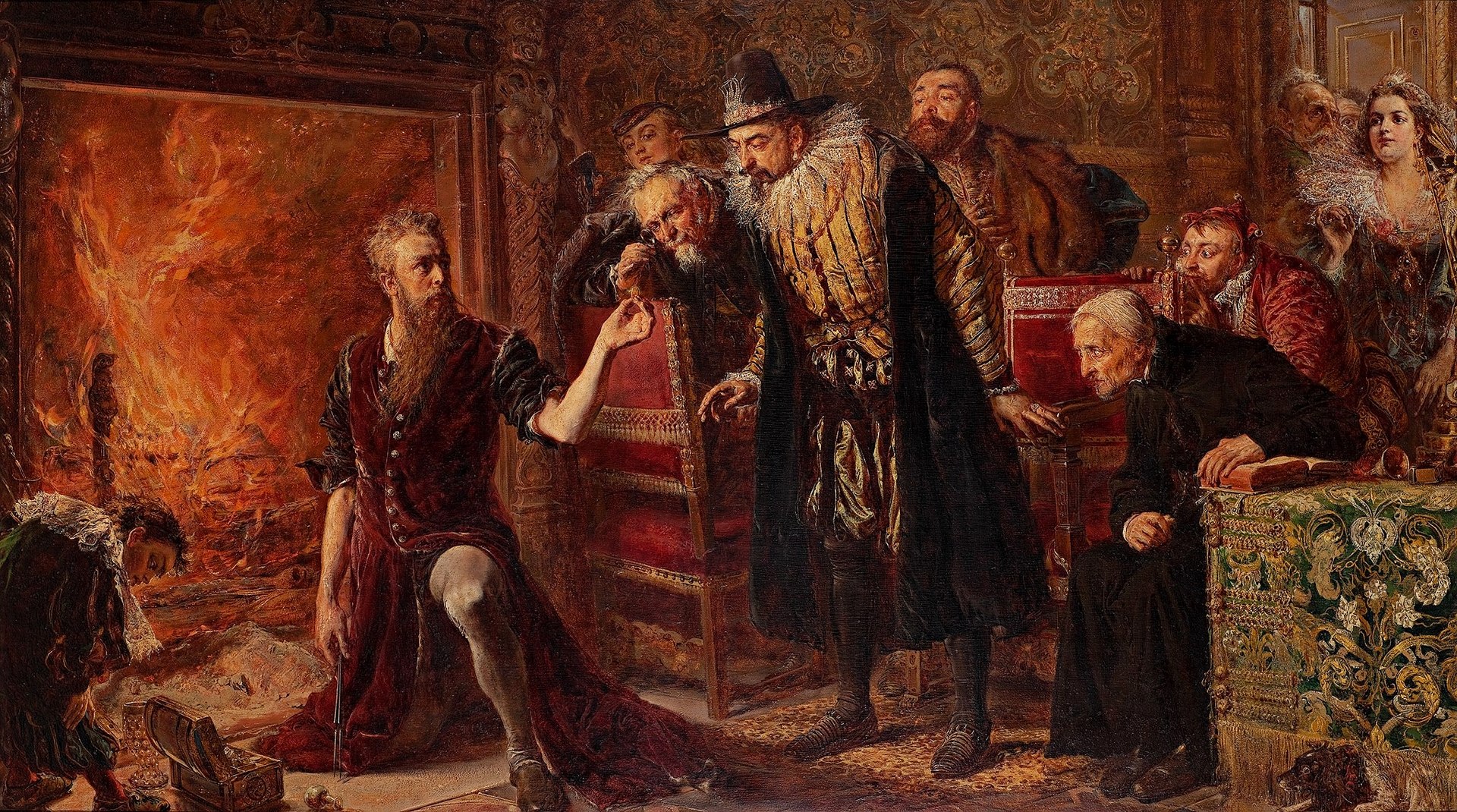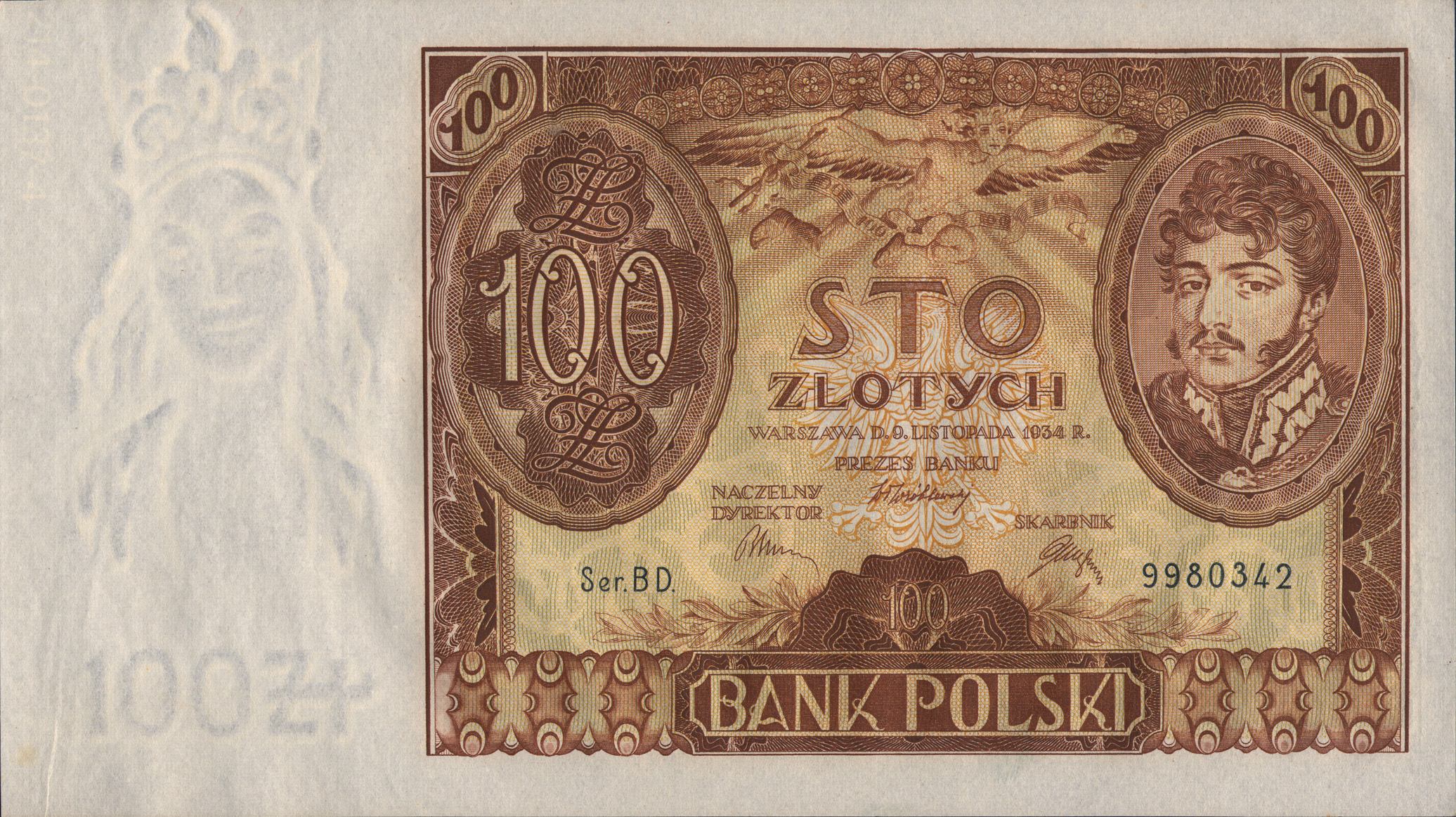State-formation as an organized crime or local appropriation of heavenly Jerusalem?
This set of three essays is meant for the broader public and was prepared during a Humboldt Research Fellowship at the University of Regensburg. Those who prefer academic prose are advised to consult the scholarly article: “Medieval Liturgy and the Making of Poland. A Study in Early Medieval Political Identification (c. 960s–c.1030s)”. I share in…




